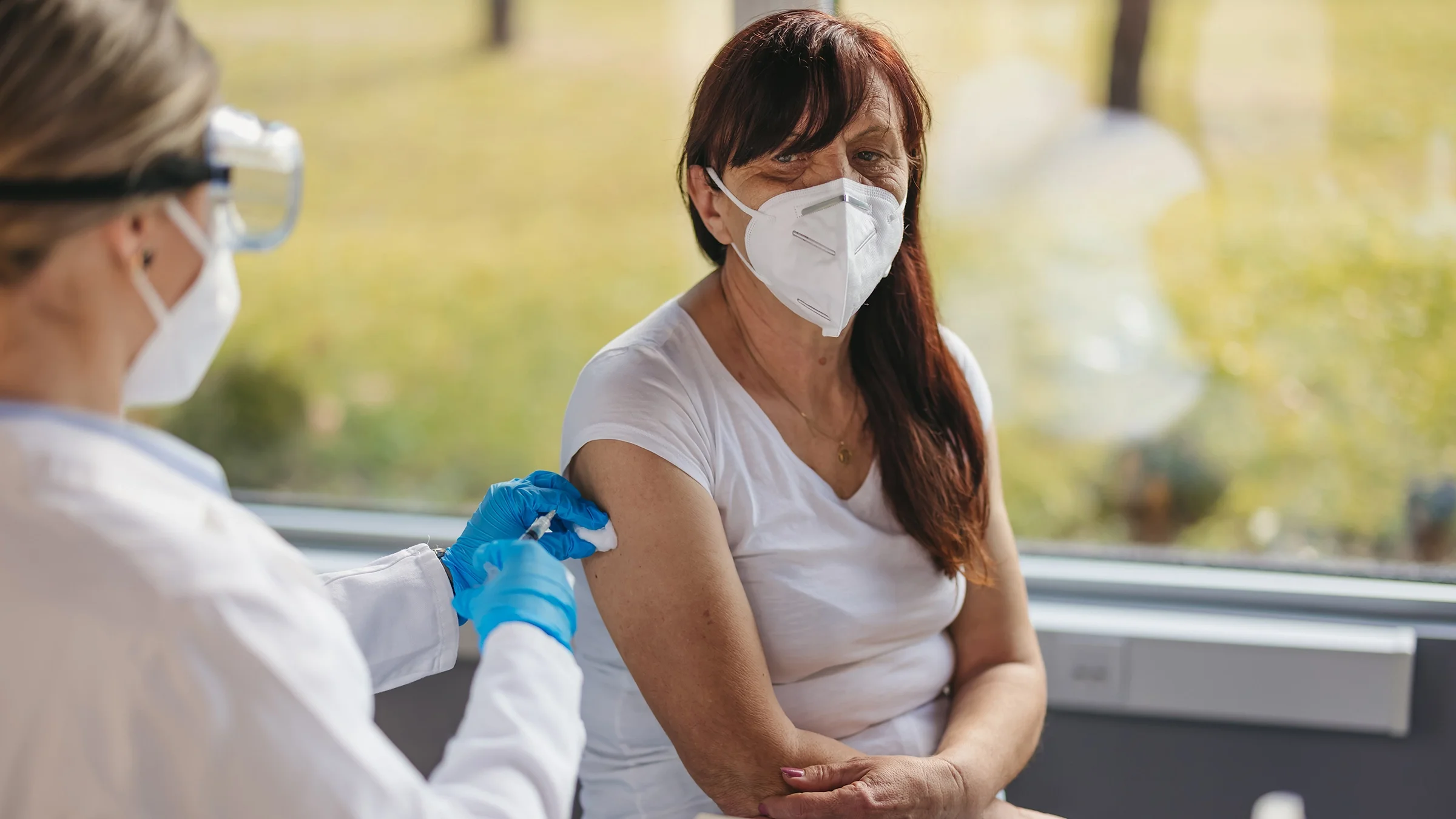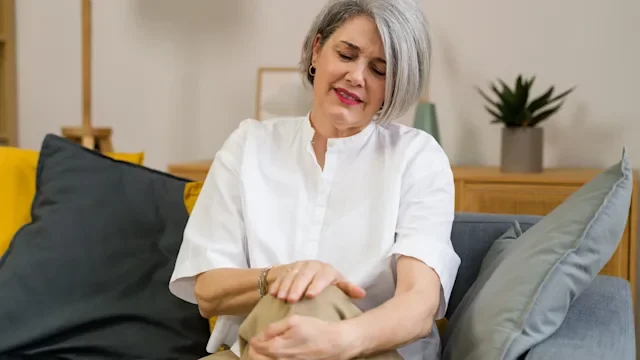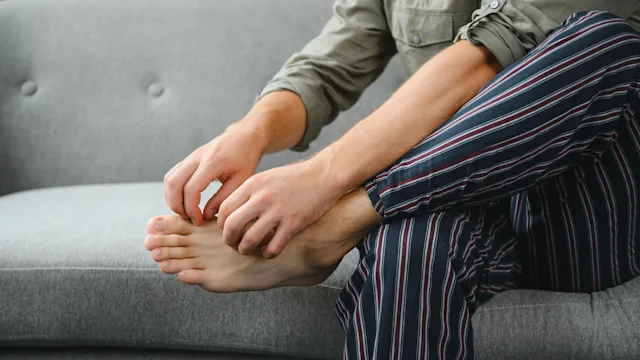Key takeaways:
The COVID-19 vaccines are safe and effective for people with psoriasis.
People with psoriasis may be at higher risk of developing a serious COVID-19 infection, so getting vaccinated is especially important.
Some people experience worsening of their psoriasis after the vaccine, but it’s very rare.
Save on related medications
If you have psoriasis, you may be worried about getting the COVID-19 vaccine. This may be especially true if you’re taking certain medications. But the COVID-19 vaccine is safe and effective for people with psoriasis. This is why organizations like the National Psoriasis Foundation recommend that people with psoriasis get it.
Here we’ll review why you should get the vaccine and which vaccine schedule you should follow. We’ll also address concerns about whether the vaccine can make your psoriasis worse.
Should you get the COVID vaccine if you have psoriasis?
Yes. If you have psoriasis, you should get the COVID-19 vaccine — unless your healthcare provider tells you otherwise.
People with psoriasis may have other conditions (like diabetes or obesity) that increase their risk of a serious COVID-19 infection. This means that protecting yourself from COVID-19 — and getting the vaccine — is even more important if you have psoriasis.
Getting vaccinated when you’re taking an immunosuppressant
Most people who take an immunosuppressant for psoriasis should still get vaccinated.
Common immunosuppressant medications in the treatment of psoriasis are:
Methotrexate (Rheumatrex)
Cyclosporine (Neoral)
Adalimumab (Humira) and etanercept (Enbrel)
Ustekinumab (Stelara) and guselkumab (Tremfya)
Secukinumab (Cosentyx) and ixekizumab (Taltz)
Depending on your situation, your provider may recommend holding your treatment when you get the vaccine. This isn’t for safety reasons, but to make sure the vaccine works as well as possible.
What vaccine schedule should you follow if you have psoriasis?
You should follow the CDC guidelines for getting your COVID-19 vaccine, unless your provider tells you otherwise. This includes getting two doses of either the Moderna or Pfizer-BioNTech vaccine. If that’s not possible, the next best choice is to get a single dose of the Johnson & Johnson vaccine.
Some people with weak immune systems may need an additional dose with either the Moderna or Pfizer-BioNTech vaccine to get the best effect. So far, most people with psoriasis who take immunosuppressive medications don’t need this extra dose. For those who have other risk factors — like obesity or chronic kidney disease — getting the extra dose may make sense. Talk to your provider to see what’s best for you.
- PrednisoneGeneric Deltasone and Rayos and Sterapred
- MedrolMethylprednisolone
- ClodanClobetasol
Once fully vaccinated, most adults should also get a booster shot with either Moderna or Pfizer-BioNTech.
Can COVID vaccines make psoriasis symptoms worse?
It’s very unlikely that getting the COVID-19 vaccine will make your psoriasis worse. But some people have experienced this.
So far, 89 people may have experienced new or worsening psoriasis after getting a COVID-19 vaccine. That’s a very small number — 89 people out of the quarter of a million in the U.S. who have received the COVID-19 vaccine so far.
This is something that seems to happen with other vaccines too — some people have developed worse psoriasis after getting the pneumonia vaccine or the tetanus-diphtheria (Tdap) vaccine.
Keep in mind that we don’t have a lot of information on whether the COVID-19 vaccine really does affect psoriasis symptoms. It’s possible that something other than the vaccine worsened their psoriasis. After all, there are many different triggers that can make psoriasis worse.
What’s for sure is that getting the COVID-19 vaccine is the best way to protect against COVID-19 in all people, including people with psoriasis.
If your psoriasis flares, how long will it last?
It depends. Some people will get better in a few weeks once the trigger has passed. For others, it may take longer, and they may need additional treatment to get better.
The bottom line
If you have psoriasis, you should get the COVID-19 vaccine — unless your provider tells you otherwise. People with psoriasis may be at higher risk of developing a serious COVID-19 infection, so getting the vaccine is even more important. We’re not sure if the vaccine can worsen psoriasis. Some people have experienced this, but it’s very rare. If you have psoriasis, the best way to protect yourself against COVID-19 is to get vaccinated.

Why trust our experts?


References
Centers for Disease Control and Prevention. (n.d.). About the vaccine adverse event reporting system (VAERS).
Centers for Disease Control and Prevention. (2022). COVID data tracker.
Centers for Disease Control and Prevention. (2022). COVID-19 vaccines for moderately or severely immunocompromised people.
Centers for Disease Control and Prevention. (2022). Stay up to date with your COVID-19 vaccines.
DermNet.org. (2021). How common are cutaneous reactions after COVID-19 vaccination?
Li, Y., et al. (2021). Risk factors for poor outcomes in hospitalised COVID-19 patients: A systematic review and meta-analysis. Journal of Global Health.
Lonnberg, A.S., (2016). Association of psoriasis with the risk for type 2 diabetes mellitus and obesity. JAMA Dermatology.
National Psoriasis Foundation. (2022). COVID-19 task force guidance statements.
Wei, N., et al. (2021). New onset and exacerbation of psoriasis after COVID-19 vaccination.














